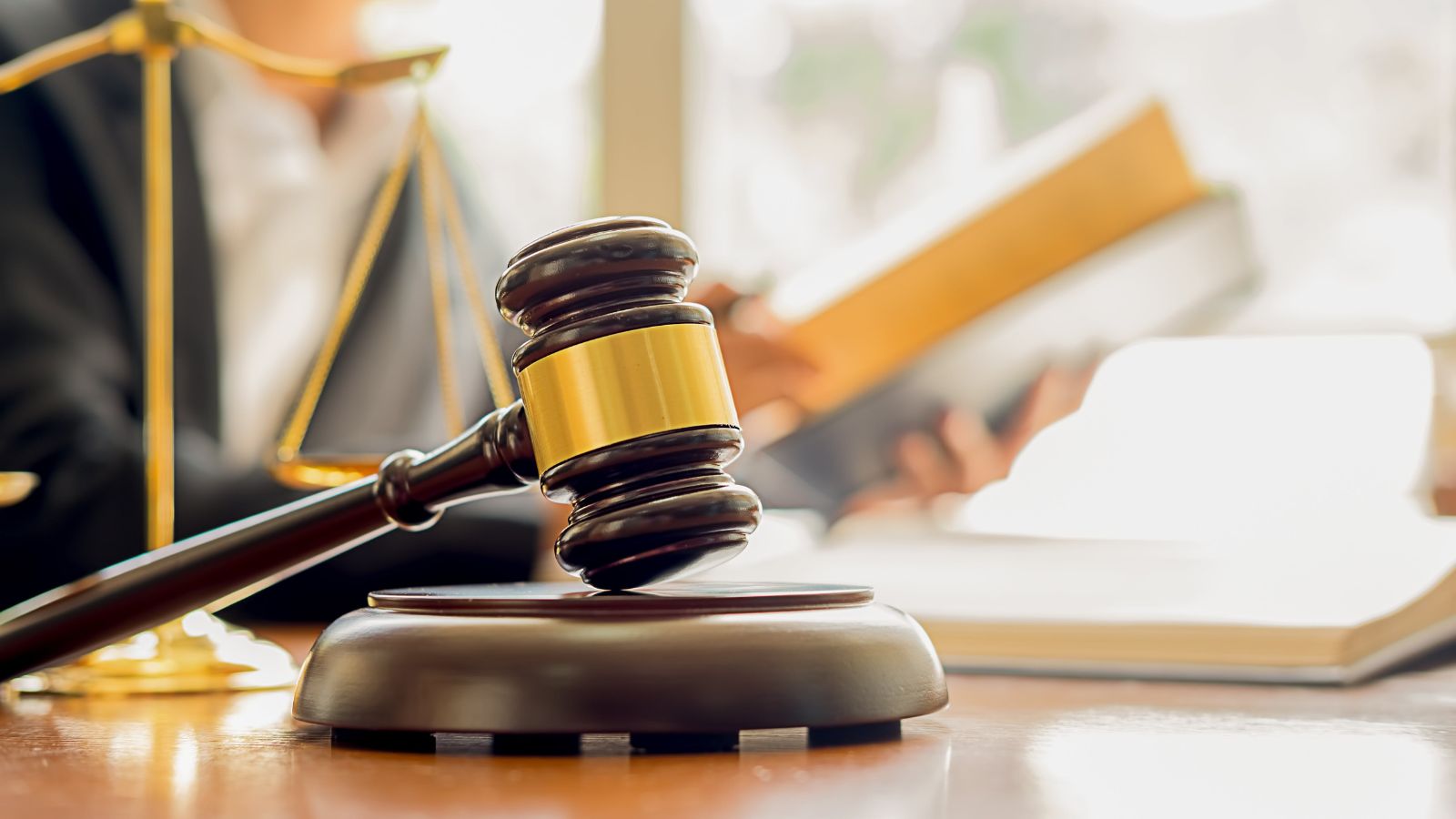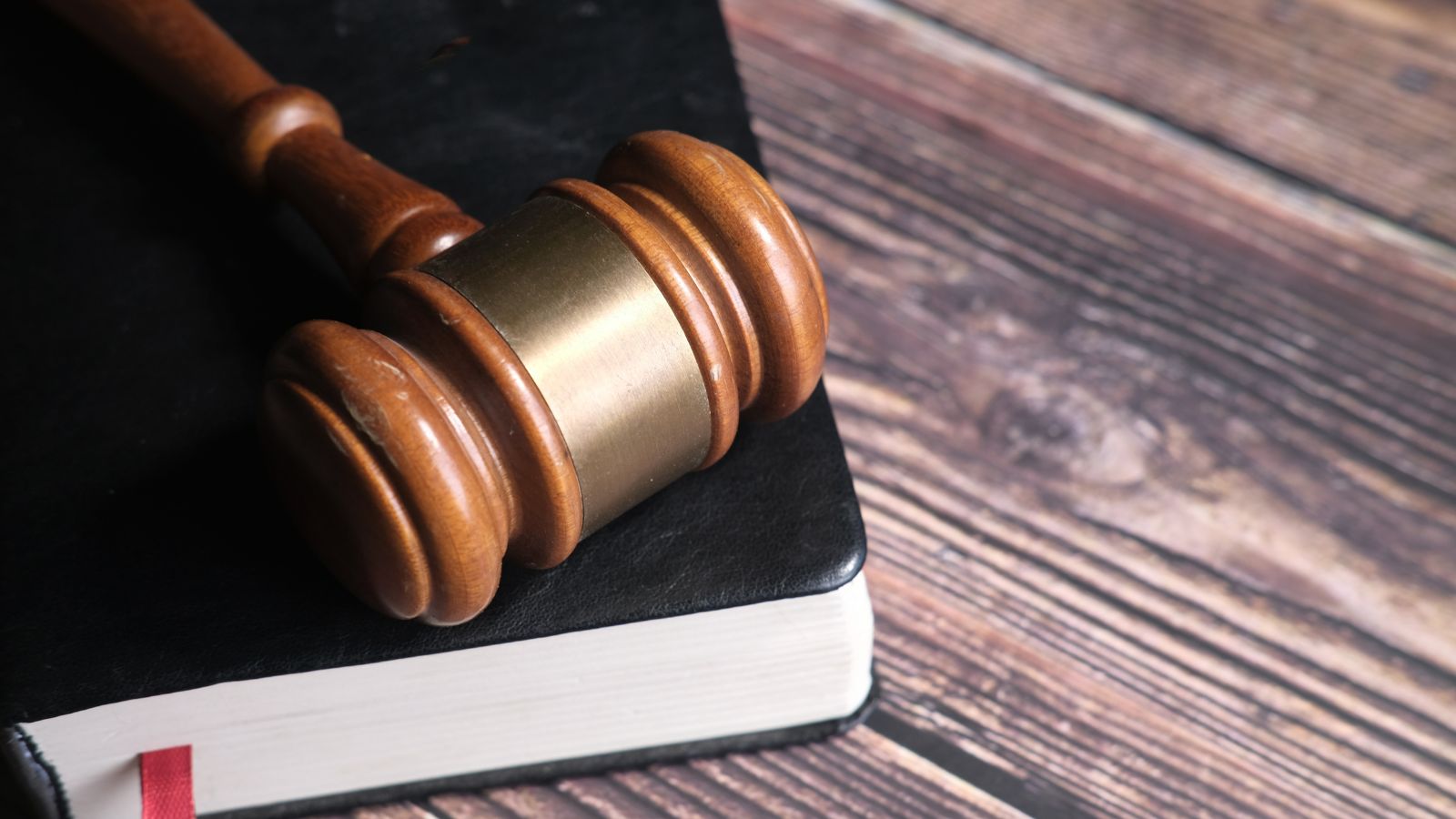
Texas is a varied state with a complicated legal system. Knowing how courts function and how crimes are categorized is essential for anyone dealing with this system. This article aims to shed light on these areas to help people better grasp how justice is carried out in Texas.
The Organization Of Courts In Texas
The court system in Texas is set up to deal with a range of matters – from civil disagreements to serious criminal charges. The municipal and justice of the peace courts handle issues such as traffic violations and small claims cases. They play a role in processing cases and issuing decisions or settlements. In courts, at the county level, the focus shifts to handling matters such as misdemeanors and civil disputes of greater significance, whereas district courts take charge of dealing with felony cases and major civil conflicts involving higher stakes and complexities that demand thorough scrutiny and decision-making processes. Knowing the Texas courts and crime classifications can help people make more informed decisions.
Categories Of Criminal Offenses In Texas
In the Texas law system, crimes are divided into two categories: misdemeanors and felonies, with varying levels of seriousness and outcomes attached to them. Misdemeanors are considered severe offenses, which usually lead to fines, probation, or short periods of jail time. Class C misdemeanors are the least serious offenses and could include things like traffic violations or minor thefts. Class B misdemeanors encompass infractions such as driving while intoxicated (DWI). When it comes to Class A misdemeanors – the severest among these offenses – they may involve acts like assault or theft with a monetary value at stake. Possible repercussions could entail a sentence of imprisonment for a period of up to one year. Serious crimes are classified as felonies.

The Role Of Prosecutors And Defense Attorneys
In the courtrooms of Texas, both prosecutors and defense attorneys have roles to play. Prosecutors act on behalf of the state, charging defendants and pursuing justice for the community. Their duties involve collecting evidence, presenting arguments in court, and ensuring that trials are conducted fairly. Defense lawyers are responsible for standing up for people who are accused of committing crimes by prosecutors who are pursuing cases against them in courtrooms, as their duty involves safeguarding clients’ rights and questioning the evidence presented by the prosecution team while also striving for resolutions to legal matters, in a bid to uphold justice in the legal framework.
The Significance Of Having A Lawyer By Your Side
Having a lawyer by your side is crucial if you’re dealing with allegations in Texas. It can be quite challenging to grasp courtroom processes, interpret jargon, and build a defense without the help of a legal expert. Competent lawyers offer assistance to help people comprehend their entitlements and choices. Having a lawyer by your side can make a difference in how your case turns out. They can work out deals with the prosecution team. Put up arguments in court to help you get a fair sentence. This kind of help is crucial for people who aren’t well-versed in the ins and outs of Texas law.
Guiding You Through The Appeal Procedure
Challenging a court ruling provides an opportunity to review any mistakes or unjust decisions made in Texas courts through a series of steps that start with submitting an appeal notice within a set timeframe, around 30 days following the verdict. The appeals court carefully examines the case file. It evaluates arguments presented by each party involved in the case without introducing evidence as a general practice in its review process. Instead of focusing on evidence presentation during the appeal process. If the appeals court identifies any legal mistakes or procedural errors during their review of the case record, they have the authority to either reverse or make adjustments, to the ruling.

In Summary
Understanding the workings of Texas courts and the different types of crimes is crucial for those engaged in matters in the state of Texas. Being familiar with how courts are organized and the classifications of crimes can give individuals the knowledge they need to make choices and receive fair treatment within the legal system. Whether one is dealing with charges or simply trying to grasp the laws, having this knowledge in Texas can be an asset.



